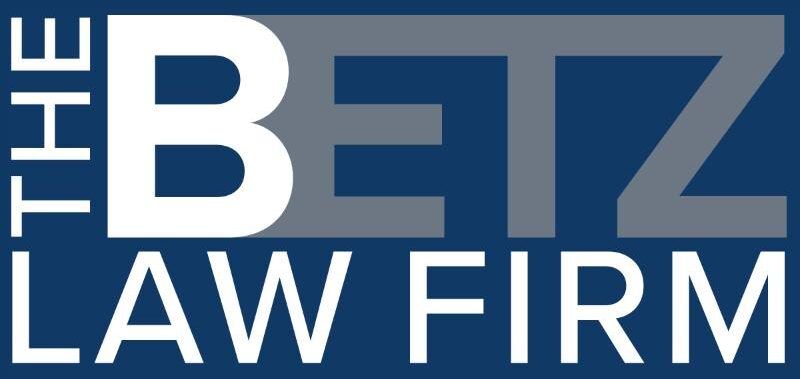If you are considering divorce, did you know that there are different types of dispute resolution methods?

When considering divorce, you can choose from three different dispute resolution methods in order to achieve a settlement. In this article, we will explain the three different methods.
Collaborative
Collaborative divorce allows couples to resolve their disputes amicably and privately as compared to a public hearing. It is a solutions-based approach to divorce in which the control of the process remains with the couple and not with a judge.
Collaborative practice is based on three basic principles:
- The spouses pledge in writing not to go to court
- The spouses exchange information honestly
- Each solution takes into account the needs of both spouses as well as their children
The goal is to achieve a mutually acceptable settlement between the spouses without any threat of legal proceedings. Each of the spouses retains an attorney who guides them through the legal process. If the process fails, the attorneys withdraw and the litigation attorneys take over and take the case to court.
The collaborative team consists of child specialists, valuation consultants, financial specialists, divorce coach, and vocational consultants.
Benefits of Collaborative Divorce
- Spouses have complete control over the proceedings
- Children experience less trauma
- Proceedings are confidential
- Solutions are mutually beneficial
Mediation
Mediation is another voluntary approach which allows spouses to make joint decisions on a settlement. A professional mediator facilitates all discussions, however, he/she does not give any advice or make decisions. However, the mediator can make a suggestion on how the various issues may be resolved.
During the mediation process, the spouses meet with the mediator, and identify issues and work towards an amicable solution. The spouses may choose to retain their attorney and other professionals as required. This is even more important in complex divorces.
Mediation is used to address different family issues including divorce, legal separation, spousal and child support, valuation and division of property.
Benefits of Mediation
Here are some of the benefits of choosing mediation as your dispute resolution method:
- The couple can set their own pace
- The process is confidential
- The couple does not have to go to court
- Mediation is often less expensive
Litigation
With regard to litigation, each party hires an attorney to represent him/her in court regarding issues they cannot resolve on their own. Typically, the issues include determining the division of liabilities, the valuation, and division of assets, custody of children, and child and spousal support. This approach is followed when the parties cannot reach an agreement amicably.
During the process, the attorney gathers information and documentation from their client, and then make a formal or informal request to the other attorney for information and documentation. Real estate, business, and pension evaluation are often necessary. Copies of bank statements, credit card statements, tax returns, and monthly bills are also provided so that each spouse can present their true financial picture.
During the trial, a hearing of all contested issues is held, and the attorney presents all documents necessary to support the client’s requests. Witnesses are also called. After both spouses have presented all documents and information, and witnesses have testified, the judge issues a verdict. If either of the parties is not satisfied with the decision, they can make an appeal in the appellate court.
Contact a St. Louis Divorce Attorney
Hundreds of questions come to mind as the stark reality of divorce settles in. As a firm, our goal is to help you find the answers to those questions and to begin the next phase of your life with as much ease as possible. We are dedicated to providing our clients and their families with kind, personalized, and professional legal representation throughout the entire divorce process.
Call The Betz Law Firm today at (314) 801-8488 or fill out our online contact form.
